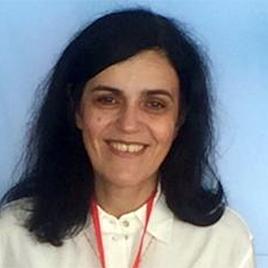Objectives and competences
The UC aims to encourage the development of technical and scientific skills in the field of food engineering, providing direct contact with the job market, or with research and development activities. Autonomous work and management of working methods are privileged. The UC allows the student to apply and deepen knowledge acquired throughout the course, but also to broaden horizons to new areas, applications and methodologies. The UC can be developed in companies, universities or research units. The development of personal skills is reinforced, namely autonomy, the ability to integrate into multidisciplinary teams, communication skills, among others, determining factors in employability and professional success. The fact that this curricular unit can be carried out abroad promotes the ability to work in a multicultural environment and to communicate in other languages.
Teaching Methodologies
Students are encouraged by the coordinator of this Master to participate in the definition and selection of the internship, from the definition of areas of interest for each one in particular, whether it is an internship in Portugal or abroad. Each student is assigned a supervisor, and a co-supervisor or tutor, who accompanies the internship, which may include technical aspects, including monitoring the general evolution of the internship. The student's ability to solve problems autonomously is encouraged. In the case of the thesis, the student has a supervisor, usually a doctorate, and may be integrated into the Scientific Council of the ESB. This course promotes the student's ability to reflect on the individual (and team) learning process.
Syllabus
The coordinator of the master’s in Food Engineering organizes the placement of the student in an internship, interacting directly with the student and making the connection with the host institution. Sessions are organized to guide the student to the type of internship: in a company, in a research center, abroad, in Portugal, etc. The curricular internship can include work of a scientific nature that is the subject of a final thesis, or an internship of a professional nature that is the object of a final report, original and especially carried out for this purpose. The internship is preferably carried out in companies or other institutions, in Portugal or abroad. The student is accompanied by an advisor or co-advisor/tutor at the ESB during the course of the work.
A work plan and guidance team are defined and approved by the Scientific Council of the Escola Superior de Biotecnologia.
The coordinator monitors the progress of the work by receiving a report and mid-term evaluation and may have to act in the resolution or facilitator of situations that may arise during the internship.
Social, professional and cultural learning activities, provided to the student by participating in real work life situations, which are carried out in the community in general, in universities or companies.




